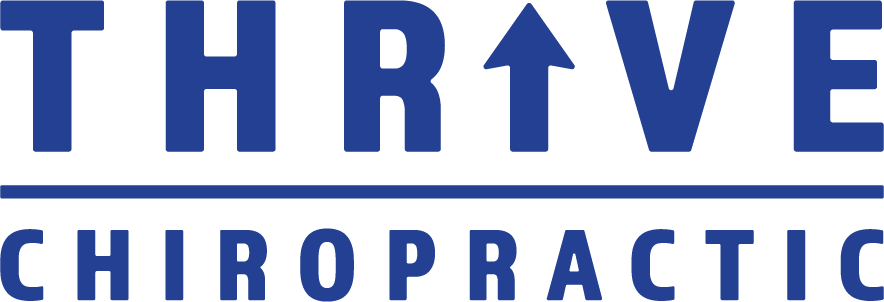Care for Colic, Reflux, and Constipation
Why a Fussy Baby Isn’t Just “Normal”
If you’re holding a baby who’s always crying, arching, or uncomfortable – you’re not alone (sore arms and shot nerves included)! Colic, reflux, and constipation are incredibly common struggles in infancy… but they’re not normal. And if your pediatrician has told you to “just wait it out,” we’re here to give you a more hopeful and truthful message:
There’s a reason it’s happening—and there’s something you can do.
Why “They’ll Just Grow Out of It”
Isn’t a Satisfying Answer
Most parents are told there’s no real explanation for colic or reflux—that it’s just a phase. But deep down, you know your baby isn’t supposed to be this uncomfortable. You’ve probably already tried gas drops, probiotics, diet changes… and still find yourself awake at 2 a.m. with a tense, crying little one. What’s often missing from the conversation? The nervous system.
Santiago’s Story: From Constant Crying to Calm and Happy
Not long ago, a family brought in their two-month-old son Santiago. He was the textbook definition of colic—gassy, refluxy, constipated, and always upset. He wasn’t turning his head well, feeding was a struggle, and mom and dad were exhausted. They had done everything they could think of, but something still didn’t feel right.
When we looked deeper, Santiago’s case had a lot of the common patterns we see:
- A stressful pregnancy
- A C-section birth (which often comes with added physical stress for baby)
- Limited head and neck mobility
- A tense, rigid body that just couldn’t relax
Through neurologically focused chiropractic care, we were able to gently restore balance to his nervous system. Now? Santiago is a happy, thriving baby. Mom says he’s finally fun to be around again—and that’s what we want for every family.

What’s Really Going On?
Your baby’s nervous system is like the master control panel for their entire body—including digestion, sleep, and comfort. The vagus nerve, which exits the brainstem and runs through the top of the neck, controls the parasympathetic nervous system—what we call the “brake pedal” of the body. This brake pedal is responsible for:
- Digestion
- Relaxation
- Growth and development
- Immune function
- Sleep
When a baby experiences physical stress from a tough pregnancy or birth (like C-section, vacuum, forceps, prolonged pushing, or induction), the upper neck is the most likely area to be injured. This downregulates the brake pedal and leads to a nervous system stuck in stress mode. When their gas pedal is stuck on and the brake never kicks in it leads to colic, reflux, constipation, and a baby who simply can’t settle.
It’s Not “Just Colic”—It’s a Neurological Imbalance
What Happens If You Don’t Address It?
This early stress doesn’t just disappear unless you fix the underlying cause! They don’t end up growing out of the issue, they just grow into the next one. Colic often evolves into:
- Recurrent ear infections
- Plagiocephaly or torticollis (leading to needing a helmet)
- Speech and motor delays
- Sensory processing challenges
- Emotional dysregulation or behavior issues
- Later diagnoses like anxiety, ADHD, or autism
It all traces back to a nervous system stuck in fight or flight, unable to shift into rest and regulation.
So What Can You Do?
Don’t wait! The earlier we identify and address the true cause, the easier it is to help your baby—and the whole family—feel better. We start with a scan of your child’s nervous system to see exactly what’s going on, and build a plan from there. Gentle and specific pediatric chiropractic adjustments at Thrive Chiropractic relieve that stress and allow the child to develop properly.
You don’t have to just “deal with it.” Your baby deserves to be comfortable, calm, and thriving—and so do you. Let’s get to the root and start the healing journey together.
Contact us to learn more about our neurologically focused care or schedule a consultation or nervous system scan today!

